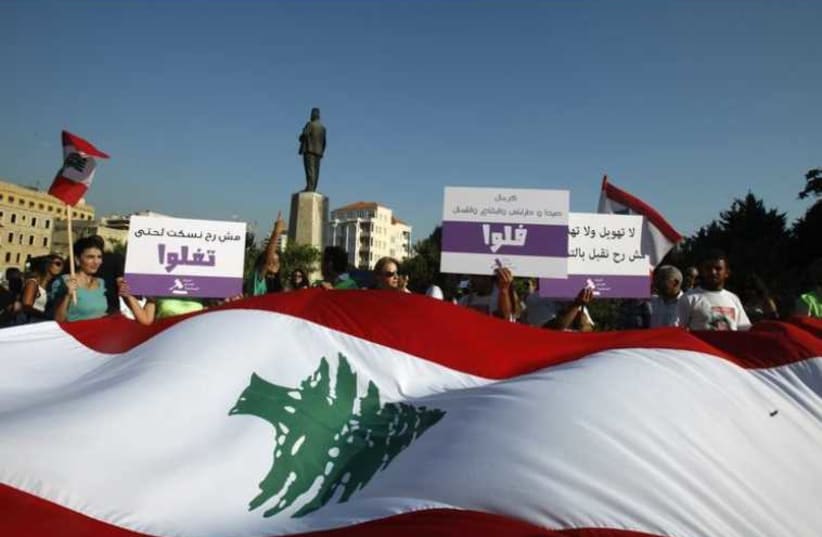See the latest opinion pieces on our page
The Maronite position at the summit of the Lebanese political regime is accepted because it is the least objectionable in the eyes of all the communities.The proud Sunnis would not agree to a president from the Shi’ite community, a community whose social standing is disparaged and whose militant Hezbollah party lacks leadership legitimacy. The Shi’ites, in turn, would object to a Sunni president because of intra-Muslim Sunni/Shi’ite enmity and competition.A Maronite president is unobjectionable to other Christian groups – the Orthodox, the Catholics, the Armenians and others – and the Druse prefer a Christian president to a Muslim one.Even today, while the two major candidates for president vie for broad trans-sectarian support, the anomaly or rationality of a Maronite serving as president is an uncontroversial non-issue in Lebanese politics. Each personality, Michel Aoun leading the Free Patriotic Movement, and Samir Geagea, head of the Lebanese Forces, enjoys the backing not only of Christian supporters but also Muslims. The former Sunni prime minister, Sa’ad Hariri, leader of the Future Movement, accommodates Geagea’s candidacy; while Hassan Nasrallah, heading the Shi’ite Hezbollah group, is allied with Aoun.The presidential vacuum reflects intra-Maronite rivalry which is generations old. The Maronite Patriarch Beshara al-Ra’i has been unsuccessful in sorting out a solution to the deadlock.Prime Minister Tammam Salam, holding the senior Sunni office, meanwhile manages government affairs; Druse leader Walid Jumblatt offers his own solution, having proposed an alternative Maronite candidate from among his political followers.The bane of Lebanese politics is not Muslim-Christian friction but intra-Maronite enmity and an inability to transcend competition, whatever its source – clannishness, ideology, or personal – in order to responsibly lead the country on behalf of all Lebanese.The disunity and infighting within the ranks of Maronite political circles have ignominiously recorded intense and bitter intra-Maronite fracases since the 1930s. They exploded in barbaric warfare among the elitist Gemayal, Franjieh and Chamoun families in the 1970s. Vindictiveness within the Maronite tribe has been horrific, and the two present leading presidential contenders carry much of the blame for the calamity of violence in the 1980s. Thus, the contorted image of Lebanon as a victim of built-in religious Christian-Muslim hatred is not at all the issue; rather, the war of the Maronite brothers is the wretched plight of Lebanon.But when somehow a Maronite president is elected by the parliament – maybe a non-political personality like Jean Kahwaji, the outgoing commander of the Army, or Riad Salameh, governor of the Bank of Lebanon – it will be appropriate still to recognize Lebanon’s special enigmas: that it has a Christian president in the Arab Muslim Middle East, that the Muslim majority of Lebanon acknowledges this particular option, and that – sadly – the Maronites, the very glue binding all the Lebanese and the very repository of its proud national traditions, have been much of the cause of Lebanon’s endemic political malaise.The author, of the Hebrew University of Jerusalem, has written Politics and War in Lebanon: Unraveling the Enigma (Transaction Publishers, 2015).
The enigma of Lebanon
Buoyant and creative, Lebanese society sadly suffers from political paralysis without end.
